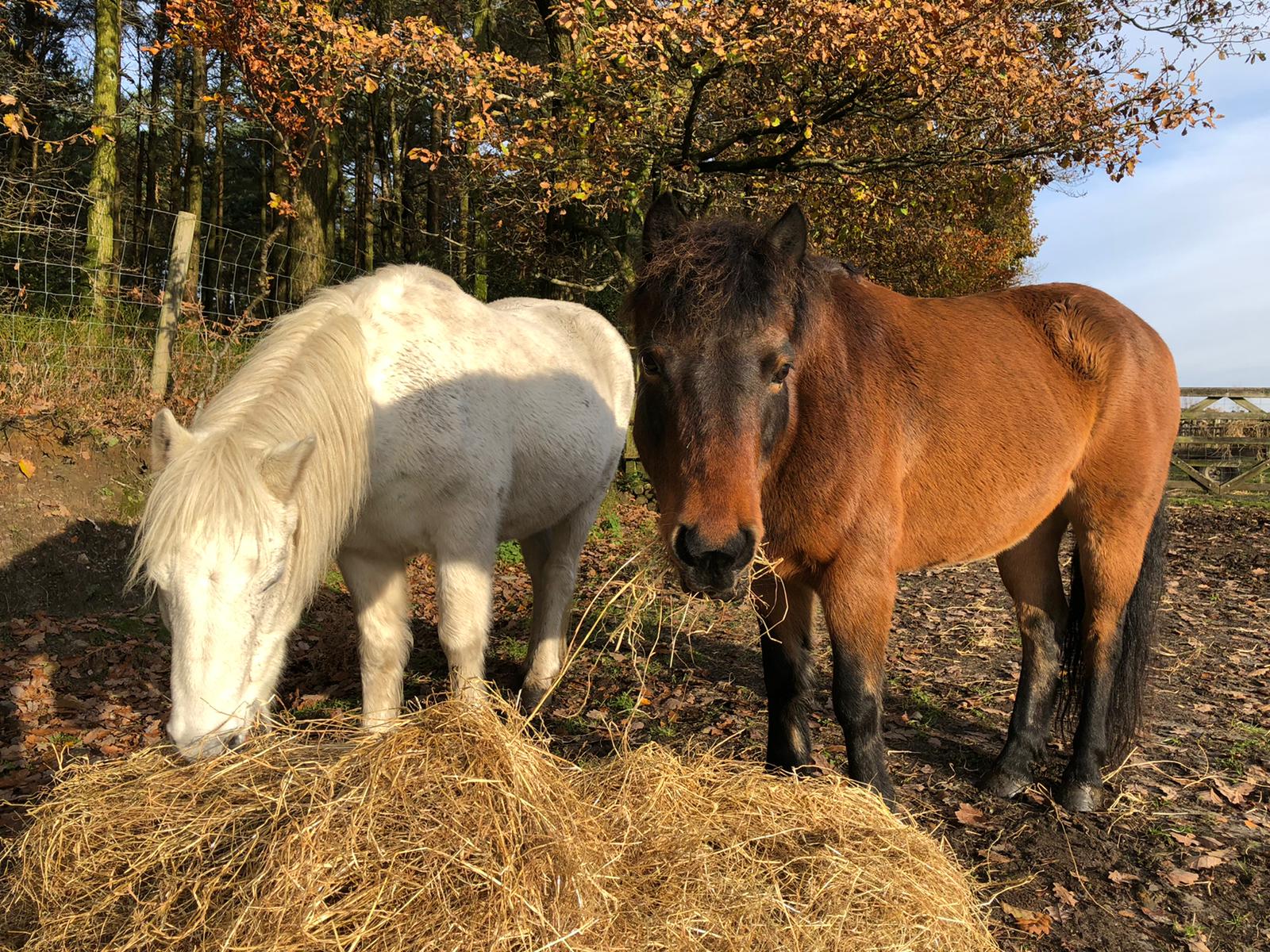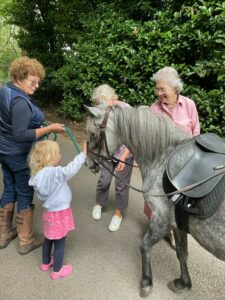When the difficult decision of moving your loved one into a dementia care home has to be made, it can be very challenging for all involved. Family members can often feel guilty from passing on the care of loved ones to someone else. It is therefore crucial that the home you do choose is the right one.
Further challenges are brought into consideration when your loved one is living with dementia. There is often extra confusion and greater difficulty in explaining to your loved one why they will have to leave their home.
Help when choosing a Dementia care home
Our team at the Huntington and Langham Estate in Hindhead, Surrey have over 40 years of experience when it comes to this matter. We will work with you to ensure a smooth transition into our care environment.
Our home at Langham Court embraces our motto and we will do everything we can to support you, so all you have to do is “let our family look after yours’.
The Butterfly approach of care we embrace takes a very person-centric focus, putting your loved one’s emotional and physical needs at the forefront of everything we do.
Below are some of the considerations we suggest you bare in mind when choosing the right dementia care home for your loved one.
Involving all those who care is key
The move into a care home can be a very daunting prospect for all family members. From the person in question, to their primary caregiver, be it a daughter, son or other family member, to the more external members of your family who may be providing support and love from slightly further afar.
It is important to ensure that everyone feels involved in the decision making process, even if that just means communicating with them in a more in-depth manner about the steps along the way.
Easing those feelings of guilt that we have often seen families struck with can be quite challenging, however our team is here to help at every step of the way.
Third party bodies and charities can also provide support at this stage, such as Dementia UK who offer free impartial advice and support to all family members in scenarios just like this.
When is the right time to move into a care home?
Finding the right time to move into a care home is never easy. Is it too soon? Is my loved one emotionally ready to move? Will there be ramifications if you leave it too late? These are all very important questions that you need to consult your family/caregiving circle on.
The need to move into a care home could have arisen from a number of reasons; deterioration of their condition, resulting in it being harder for them to live independently, a change in circumstance meaning the primary caregiver is no longer able to commit as much time into looking after their loved one, there could be many reasons, and many combinations of reasons for seeking a dementia care home for your family member.
Regardless of the ‘whys’ and the ‘whens’, it is still a difficult decision for anyone to have to make.
From our experience, considering the move into a care home should be thought of as far in advance as possible. And often, we have found that if your loved one moves before their condition has deteriorated too greatly, it makes the move that much easier.
It could start with a day or two, visiting the home, an introduction via respite care or daycare, or just a quick chat on the phone with one of the Huntington and Langham team to find out a little more.
How to find the right care home
Once you’ve decided that moving into a care home is the next stage for your loved one living with dementia, and all family members are onboard with the transition, the next step is to begin the search for the right home.
Again, third party resources such as Age UK are fantastic for providing impartial advice. They have a plethora of guides on a range of issues and provide excellent information and insight into selecting a home, along with a handy checklist you can download and use too.
The Care Quality Commission is an independent regulator of health and social care in England. They register, monitor and regularly audit homes up and down the country to provide an easy to understand rating. We are completely transparent, and proud of our ‘GOOD’ rating. You can view the CQC report for Langham Court here.
At the Huntington and Langham Estate in Surrey, we embrace the more homely aspects at our care home. We want to create an environment where you feel as comfortable as you would in your current home. Our home was built by family, for families and we very much want to extend ours to yours for anyone joining us on the estate.
If you’d like to learn a little bit more about what we do, just drop us a line here, or learn more about our dementia care offering here






